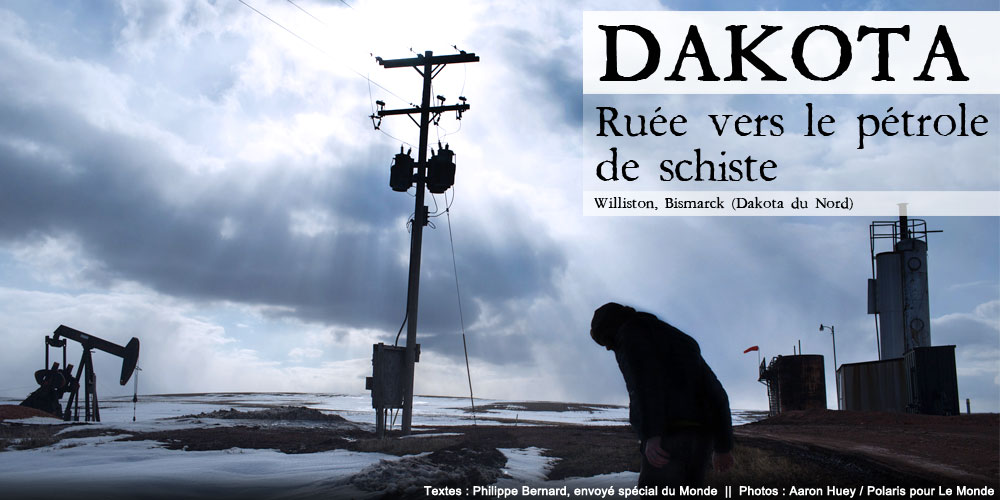Rail safety officials in the United States had serious concerns about the safety of transporting crude oil from the Bakken region of North Dakota as far back as March, and were preparing to investigate the problem four months before the disaster in Lac-Mégantic, Que.
Known as Operation Classification, the plan by U.S. regulators was to show up unannounced at fuel-loading sites, where oil is transferred onto rail cars, to investigate whether the oil from North Dakota was more volatile than believed, and whether sufficient precautions were being taken by shippers and railway companies. Large quantities of oil from that region are shipped on rails to an Irving refinery in Saint John.
On July 6, a train operated by Montreal, Maine & Atlantic Railway derailed in Lac-Mégantic and exploded, killing 47 people and ravaging the downtown. The train was carrying more than 70 tanker cars of crude from the Bakken oilfields in North Dakota.
Operation Classification came to light on Thursday when officials in Washington disclosed that investigators had followed through on the planned investigation and had started descending on oil-loading terminals in North Dakota over the weekend.
The investigation – which was dubbed a Bakken Blitz – is being led by the Pipeline and Hazardous Materials Safety Administration and the Federal Railroad Administration, which are both arms of the U.S. Department of Transportation.
Officials would not disclose how many sites were investigated and how many inspectors were part of the blitz. However, one source close to the matter said it was almost certain the site where the Lac-Mégantic oil was loaded would be on the list.
A spokesman for that oil-loading facility, in New Town, N.D., would not comment.
Since the Lac-Mégantic disaster, investigators in Canada and the U.S. have said publicly they are concerned the Bakken oil was more volatile than believed. The probe into the derailment has focused on why the crash caused such an intense explosion and fire, which is not typical of most types of crude oil.
However, in a letter dated June 29 – one week before the Lac-Mégantic disaster – the U.S. Federal Railroad Administration told the American Petroleum Institute that it wanted to review “potential safety issues related to the transportation of crude by rail.”
In particular, the regulator said it “has specific safety concerns about the proper classification of crude oil being shipped by rail, the subsequent determination or selection of the proper tank car packaging used for transporting crude oil, and the corresponding tank car outage requirements.”
Investigators are focusing on whether Bakken crude is lighter than other forms of crude, such as oil drilled in Texas or Alberta, meaning it could have a lower flashpoint, making it more easily combustible. Outage requirements refer to how much oil can be loaded into a tank car, while also safely allowing room for expansion while in transit.
The FRA is concerned that these aspects of the oil aren’t being determined accurately before trains are loaded, and that the oil may require different kinds of tanker cars if they are indeed more hazardous.
“The flashpoint needs to be taken into account,” Cynthia Quarterman, administrator of the Department of Transportation’s Pipeline and Hazardous Materials Safety Administration, told reporters in Washington on Thursday, after a meeting between regulators to discuss rail safety. “We need to make sure that what is in those tankers is what they say it is.”
The blitz that began over the weekend includes oil-loading facilities in several parts of the U.S., but is focused on North Dakota.
Operation Classification “primarily involves shipments from the Bakken,” said Kevin Thompson, spokesman for the Federal Railroad Administration. “Activities include unannounced spot inspections, data collection and sampling as well as verifying compliance with federal safety regulations. These activities are under way and taking place at strategic terminal and trans-loading locations that service crude oil.”
U.S. officials were probing safety of Bakken oil months before Lac-Mégantic

























Laissez un commentaire Votre adresse courriel ne sera pas publiée.
Veuillez vous connecter afin de laisser un commentaire.
Aucun commentaire trouvé